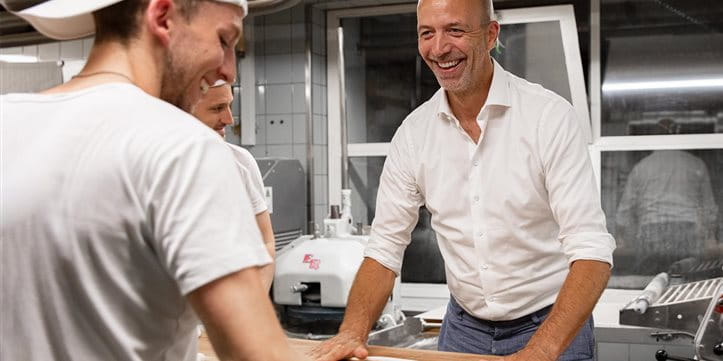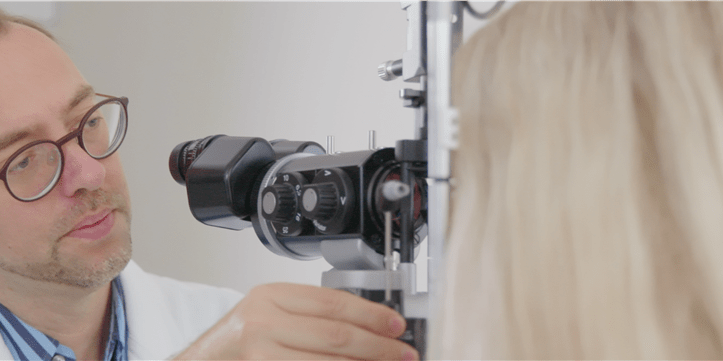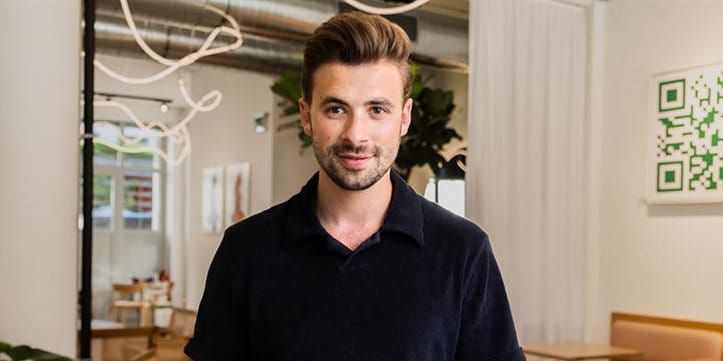As early as 25 years ago, forward-thinking anesthesiologists recognized their responsibility and considered how they could determine the causes of errors and learn from mistakes that had occurred, in order to improve the quality of medical procedures. Welcome suggestions came in particular from the committee formed to address this issue by the Swiss Society for Anesthesiology and Perioperative Medicine SSAPM (formerly SGAR). The last active founding member was Dr. med. Philippe Schumacher, Specialist in Anesthesiology and Intensive Care Medicine FMH and until the end of June 2022, Chief Physician and Head of the Anesthesiology Clinic at the public hospital ‘Bürgerspital Solothurn' ((Solothurner Spitäler soH). He was one of the driving forces in establishing the Foundation for Patient Safety in Anesthesia (Stiftung für Patientensicherheit in der Anästhesie SPSA) in 2001. The foundation was quick to pursue quality assurance projects. "The example here was set by the U.S. Anesthesia Patient Safety Foundation APSF. An important element of quality assurance was and remains the 'analysis of closed liability claims within anesthesia in Switzerland'", explains Dr. Schumacher.
Employees of the foundation (currently led by Prof. Dr. med. Benno Rehberg-Klug of the Geneva University Hospitals HUG) process anonymized data from Swiss liability insurers and record the cases. These are then discussed by a panel of experts. From the discussion, recommendations are made on how to avoid similar errors as much as possible in future. These recommendations are available to all anesthetists in Switzerland.
Philippe Schumacher adds: "The foundation's recommendations are highly respected and have a high degree of authenticity, because they are based on cases that have actually occurred in Switzerland."
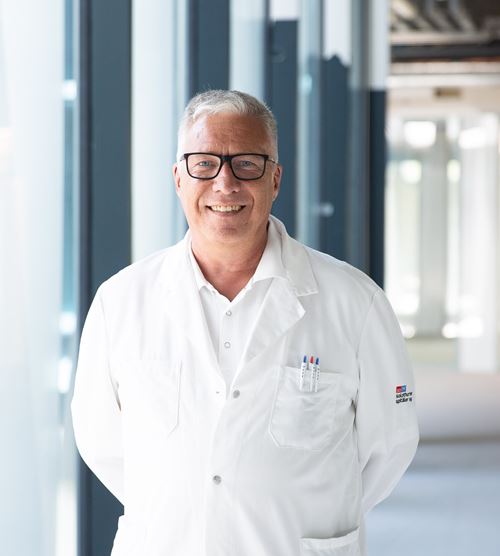
Valuable commitment from Zurich
Artificial intelligence increases transparency in various areas
"Our goal was to more effectively support hospitals in eliminating avoidable errors, known as 'never events,'" explains Reto Bächinger, Relationship Leader at Zurich. "It was to this end that we developed the innovative tool Medeye. With the help of artificial intelligence, Medeye can read medical documents, which Zurich as Swiss market leader in hospital liability insurance has in abundance."
For 20 years, 10 or so claims specialists from the Medical Claims team have been tasked with processing the medical liability claims. Consequently, thousands of complex claims are documented in Zurich's archive. "This is a real treasure trove of valuable data," explains Claudia Wyss, attorney at Zurich. As Head of Medical Claims, she was responsible for implementing the Medeye project. "The tool makes the information from the hospitals machine-readable and enables us to aggregate the data and derive important insights from it. The analysis also provides benchmarking for surgical procedures. This in turn allows Zurich to provide Swiss hospitals with a major benefit beyond the classic offering of insurance covering damages – most notably, patients also benefit from this."
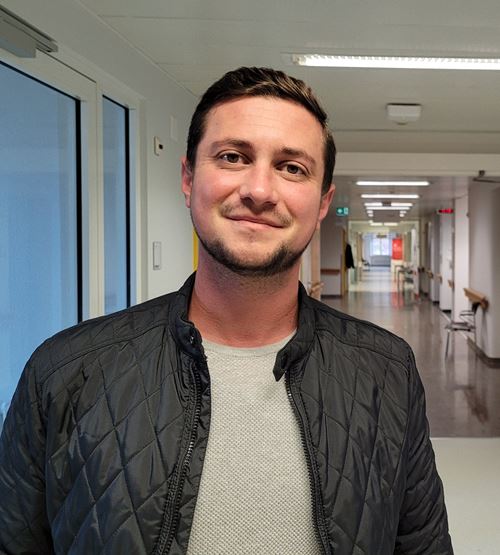
How has the innovation been received by hospital management?
The approach is compelling. How is the tool applied in the day-to-day operations of the hospitals? We asked the specialists at the Solothurner Spitäler AG (soH): "How important is it to receive preventive information about avoiding loss and damage events?"
Michael Sturzenegger, Assistant Director Finance and responsible for Insurance at soH, explains: "For us, it's very important that our patients feel that they are well treated and cared for in a safe manner. Consequently, our work processes are focused on attaining the highest possible level of safety for patients and for our employees. This safety must be constantly maintained, and this includes incorporating information on loss and damage events. In this way, critical processes can be continuously adjusted and optimized."
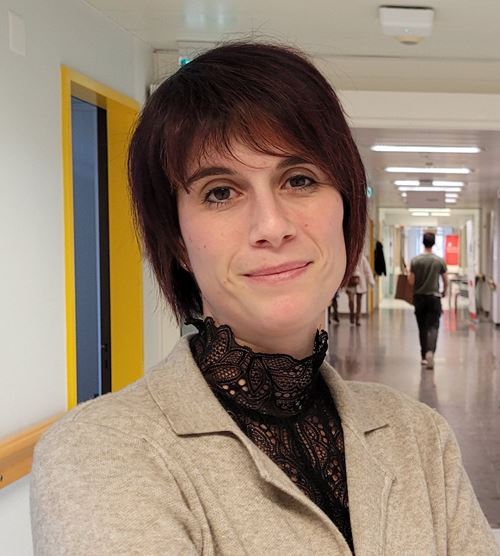
Constant exchange yields results
Our interview partner considers regular personal contact with specialist experts from Zurich to be crucial, highlighting various long-term cooperative projects which have yielded correspondingly positive results.
Zurich has supported the soH in the liability insurance business for the past 10 years. "With regard to the rapid developments in healthcare and ever-improving options for medical treatment, close and trust-based cooperation between insurer and hospital is essential, particularly in the area of third-party liability," emphasizes Michael Sturzenegger.
Medeye needs data. Which data are of particular relevance for the AI evaluations here? According to those responsible at soH in Solothurn, Olten and Dornach, information is procured following a simple, tried-and-true procedure: "In the case of a suspected loss or damage event, a standardized application form is filled out and submitted to Zurich. To enable Zurich to assess the case, additional medical records and reports relevant to the case are submitted with the form, after the patient has given consent. This process has been so extensively optimized that delivery of the necessary data to Zurich can be achieved in just a short time," explains Daria Stohler, radiographer at soH.
"Medeye has the significant advantage that the data are digitized and no longer need to be recorded in person. Aside from this, it is useful that liability claims relevant to anesthesia can be quickly and simply retrieved," emphasizes Dr. Schumacher. "Prior to digitization, the corresponding liability claims were more difficult to locate and often dependent on the experience and recall of long-standing employees of the insurers. The tool makes the foundation's role significantly easier, since more precise information is more quickly available, regardless of location."
Medeye promotes quality management
Improvements based on preventive measures are intended to last. Consequently, at soH, the benchmarks from the Medeye data provided by Zurich are analyzed by the insurance managers and quality management team and compared against internal hospital data. Michael Sturzenegger is keen to emphasize that: "If anomalies are identified in the data, quality-related process adjustments are evaluated and, if necessary, we optimize our processes."
Claudia Wyss is similarly enthusiastic: "Since Medeye evaluates huge data volumes, we as an insurer can identify patterns and trends across hospitals. From this, stakeholders in the healthcare system can gain valuable indications for potential further development of treatment methods and thus for the progress of medicine as a whole." For example, the evaluations analyze the frequency of falls, damage caused by incorrect storage during surgery, medication mix-ups, or unusual deaths. In addition, the data show at which stages of a particular treatment the most errors occur – be it during an operation or diagnosis, care or aftercare.
"Zurich has done valuable, pioneering work and continuously strengthened its commitment in this area. We hope that other insurers will also adopt similar tools with the capabilities of Medeye," concludes Dr. Schumacher.
This text is based on an article published by journalist Dr. Hans Balmer in the December 2022 edition of the magazine Clinicum.


